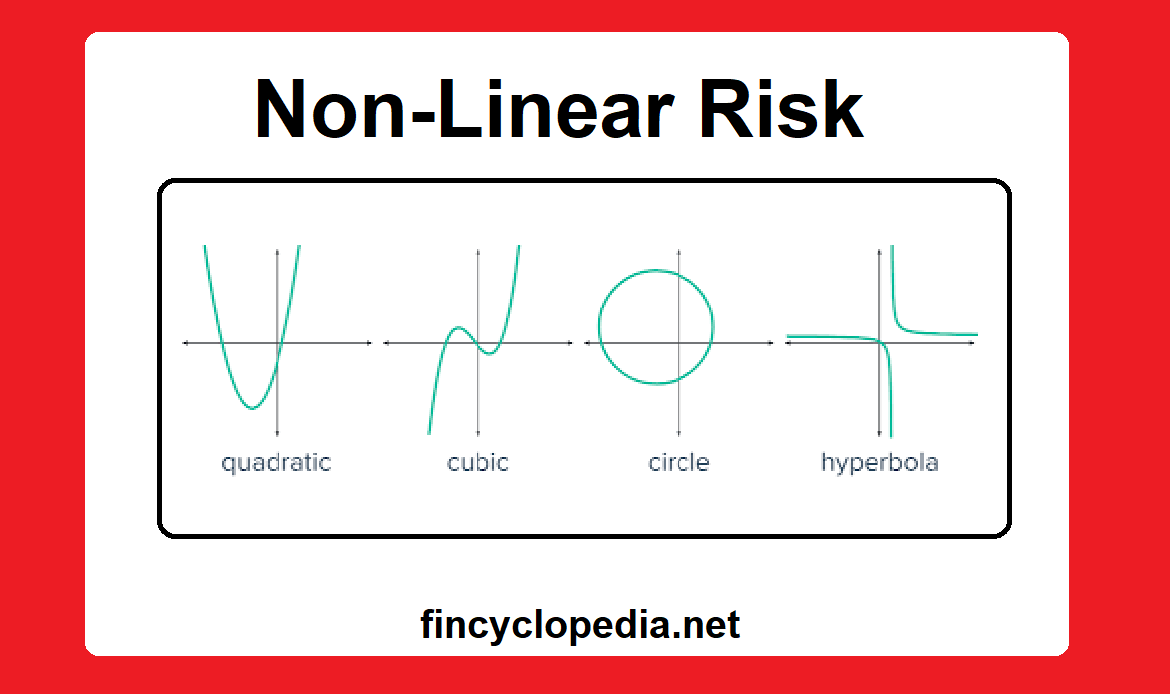A contractual clause that is included in over-the-counter derivatives contracts in order to mitigate credit risk. It states that, if a firm fails to meet its obligations on one contract it has entered into with a counterparty, it must default on all outstanding contracts with that counterparty. Suppose, for example, that a company has three contracts outstanding with one counterparty, the worth of which is +$100 million, +$10 million, and -$50 million. If the counterparty runs into financial difficulties and fails to honor its outstanding obligations, the three contracts would be worth, to the counterparty, -$100 million, -$10 million, and +$50 million, respectively. Without netting, the counterparty would default on two contracts (-$100 million and -$10 million), whilst the company fails on one (-$50 million). With netting, the counterparty is considered in default on all three contracts for a net loss to the company of:
Net loss = Σ (value of contracts) = (+$100 million) + (+$10 million) + (-$50 million) = $60 million
For more details, see: tutorial on netting.





